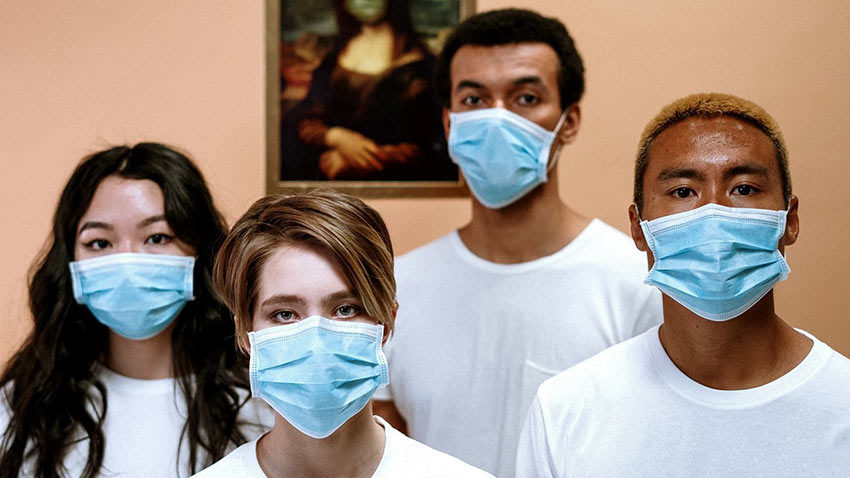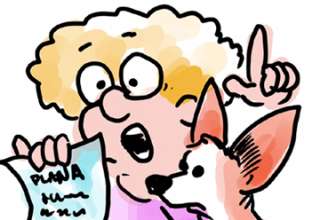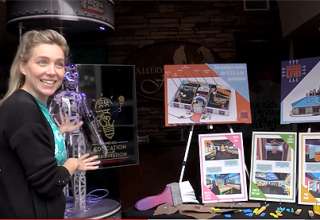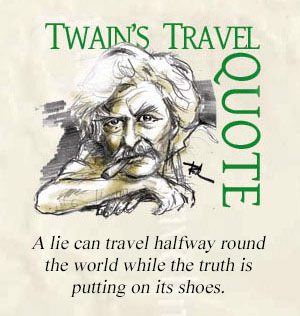
How can we be more direct in battling this national crisis? America is facing an unprecedented medical crisis. Throughout this challenging time, your health and safety remain our top priority. Protect yourself and your loved ones with the help of this important information on COVID-19. Together, we can keep our communities healthy and strong.
What are the symptoms?
Patients with COVID-19 have had mild to severe symptoms of fever, cough, or shortness of breath — similar to the flu. They’ve also experienced chills or shaking with chills, muscle pain, headache, sore throat, and loss of sense of smell or taste. While information so far indicates that most cases are mild, symptoms appear to be more severe in the elderly and people with chronic conditions.
Who is at higher risk for COVID-19?
COVID-19 causes a mild illness in many people. But some people may be at higher risk for having severe symptoms from COVID-19. A recent study found that 88% of hospitalized COVID-19 patients had more than one chronic condition,* and other factors can also increase your risk. You may be at high risk if you:
- Are 65 or older
- Live in a long-term care facility
- Have an ongoing serious health condition, such as:
- Lung disease or asthma
- Heart conditions
- High blood pressure
- Severe obesity
- Diabetes
- Kidney or liver disease
- A weakened immune system
- Cancer treatment
If you have an ongoing health condition, here are some ways you can help keep yourself safe.
- Stay home as much as you can.
- Have supplies on hand, like food, household items, medical supplies, and over-the-counter and prescription medications.
- Routinely clean and disinfect high-touch surfaces like doorknobs, light switches, and phones.
- Limit visitors.
- When you leave home, keep 6 feet of space between yourself and others.
- Wear a cloth face cover when you’re near other people.
- Wear gloves or carry tissues or paper towels with you to protect your hands when you need to touch things like door handles, shopping carts, and handrails.
- Don’t touch your face, and wash your hands often.
- Have a plan in case you get sick

If you develop symptoms of COVID-19 — such as fever, cough, or shortness of breath — call your doctor.
*Safiya Richardson et al., “Presenting Characteristics, Comorbidities, and Outcomes Among 5700 Patients Hospitalized With COVID-19 in the New York City Area,” Journal of the American Medical Association, April 22, 2020.
What are the different types of COVID-19 tests?
There are 2 different kinds of clinical tests available. One shows if you’re currently infected with a virus (diagnostic testing) and the other helps you understand if you’ve been infected in the recent past with a virus (antibody testing).
- Diagnostic testing for COVID-19 tells you if you’re infected right now. It’s done by collecting fluid from your nose, throat, or lungs. If the test shows you’re infected, you should isolate to help prevent spread. Testing also helps public health agencies monitor the spread of the disease.
- Antibody testing checks for antibodies in your blood from a prior infection. A positive test may not indicate prior exposure to COVID-19, and it doesn’t mean a person is protected from COVID-19 in the future.
How does COVID-19 spread?
The coronavirus is spread from person to person — mainly between people who are in close contact with one another (within about 6 feet) — through tiny droplets made when an infected person coughs or sneezes. It’s possible, but not likely, that a person can get COVID-19 by touching a surface or object that has the virus on it and then touching their own mouth, nose, or possibly eyes. It’s important to wash your hands often with soap and water for at least 20 seconds.
How can I protect myself from COVID-19 while protesting?
In addition to keeping our members safe and healthy, Kaiser Permanente cares deeply about equality, inclusion, and social justice. If you attend a protest, please protect yourself, your family, and your community. Here are steps you can take to protest safely and help slow the spread of COVID-19:
- Attend the event with people you’ve sheltered with.
- Practice physical distancing by staying at least 6 feet apart from others when possible.
- Wear a mask or cloth face covering over your mouth and nose.
- Wear eye protection.
- Carry a sign to share your message. Shouting or singing can spread droplets.
- Use an alcohol-based hand sanitizer during and after the event.
- Don’t share phones or other personal items.
- Stay at home if you’re sick.
I’m pregnant. How does COVID-19 affect me and my baby?
COVID-19 is a new disease, so information on how the virus affects pregnant women is limited. Based on the most current information from the Centers for Disease Control and Prevention, pregnant women don’t appear to be more likely to get infected with COVID-19 than other people. Current reports also show that pregnant women who get the virus don’t have more severe symptoms than the general public. At this time, we don’t know if the virus can be transmitted during pregnancy or childbirth.
MORE FAQs
























